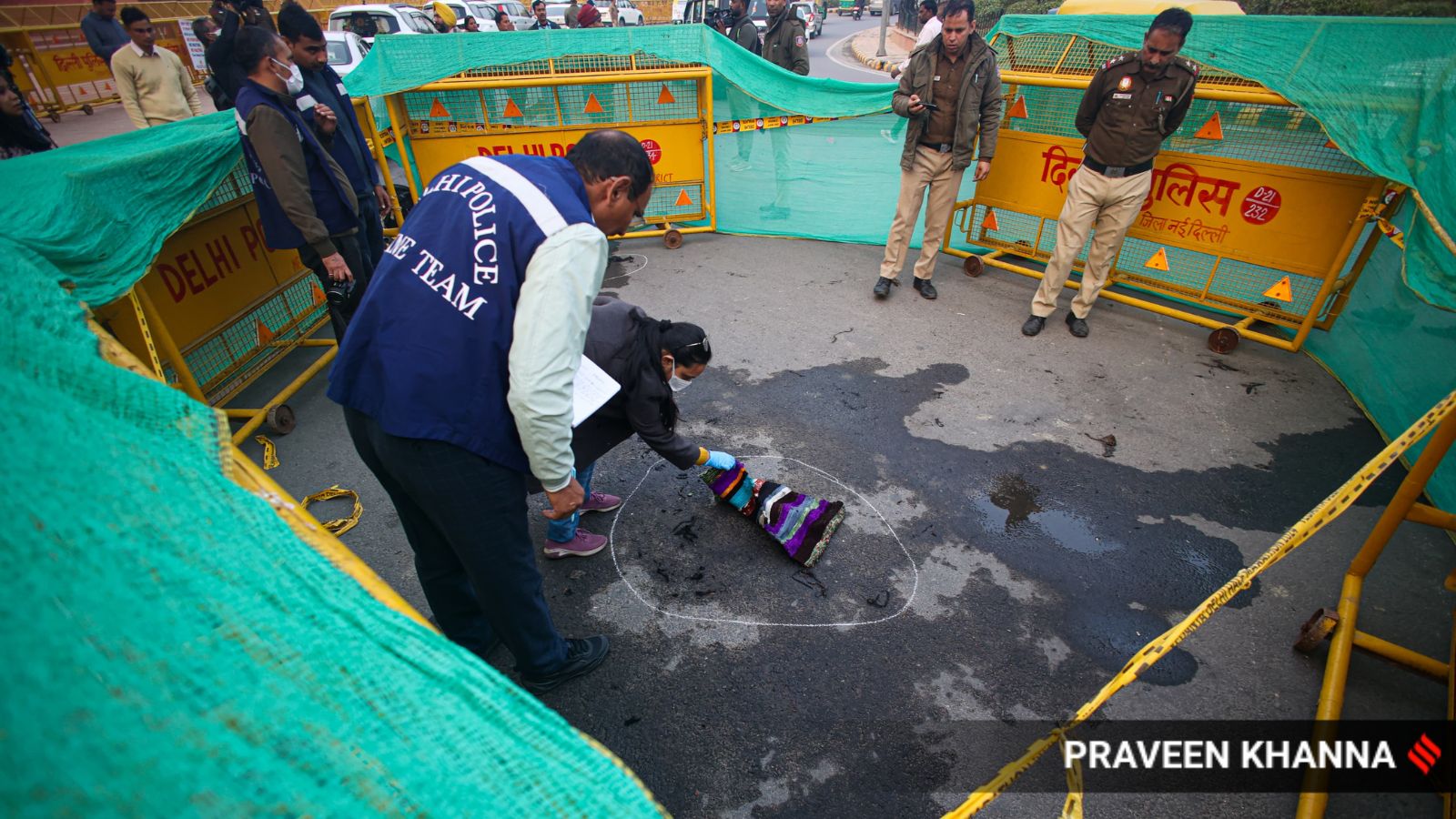 |
|
The incident of self-immolation near the Indian Parliament building on Wednesday highlights a concerning trend of desperate acts undertaken by individuals facing seemingly insurmountable personal challenges. The 26-year-old man, identified as Jitendra from Baghpat in Uttar Pradesh, sustained severe burn injuries covering 90% of his body. This act underscores the urgent need for a deeper understanding of the underlying societal factors that drive individuals to such extreme measures. While the immediate response focused on providing medical aid, a crucial next step involves investigating the reasons behind Jitendra's actions. Was it a protest against a specific government policy? A cry for help stemming from personal hardship? Or perhaps a manifestation of a deeper mental health crisis? The answers to these questions are essential not only for understanding this specific case but also for developing preventative measures and support systems to prevent future occurrences.
The location of the incident, near the Rail Bhavan and the Parliament building in New Delhi, adds a significant layer of complexity. This proximity to centers of power immediately raises questions about the potential motivations behind the act. Was it an attempt to draw attention to a particular grievance? Did Jitendra believe that this dramatic act would be the most effective way to communicate his distress or demand action? The symbolism of choosing such a prominent location speaks volumes about the desperation felt by the individual. The immediate response from security personnel, who intervened to assist Jitendra before the arrival of the fire department, showcases the preparedness of authorities in dealing with such crisis situations. However, the true success of the response lies in the broader investigation and the resulting societal impact.
Beyond the immediate consequences of this tragic event, it prompts a broader reflection on the state of mental health support and social safety nets within India. The high percentage of burn injuries suggests a deliberate act, indicating a profound level of despair. The case highlights the need for more accessible mental health services, particularly for individuals struggling with economic hardship, social isolation, or other significant life challenges. Investing in early intervention programs, promoting mental health awareness, and creating a more supportive societal environment are crucial steps in preventing future self-immolation incidents. The government, along with non-governmental organizations (NGOs) and community leaders, has a critical role to play in fostering a culture of empathy and providing adequate resources for individuals in crisis.
Furthermore, the incident raises questions about the effectiveness of existing grievance redressal mechanisms in India. If Jitendra had a specific grievance, did he exhaust all available channels for seeking redress before resorting to self-immolation? This incident serves as a stark reminder that the effectiveness of governmental institutions and processes must be continuously evaluated and improved. Transparency, accountability, and efficient systems for addressing citizen concerns are essential to prevent individuals from feeling driven to such desperate extremes. The investigation into this case should not only focus on Jitendra's motivations but also on evaluating the systems and processes that may have contributed to his sense of hopelessness.
In conclusion, the self-immolation near Parliament is a tragedy that demands a multifaceted response. While immediate attention is focused on Jitendra's medical care, the incident should serve as a catalyst for broader societal reform. This includes improving mental health support systems, strengthening grievance redressal mechanisms, and fostering a more compassionate and supportive society. Only by addressing the underlying issues that contribute to such desperate acts can we hope to prevent similar tragedies from occurring in the future. The investigation into this incident should be thorough and transparent, leading to meaningful changes that enhance the well-being and protection of all citizens.
Source: Man sets himself on fire near Parliament, sustains 90% burns
